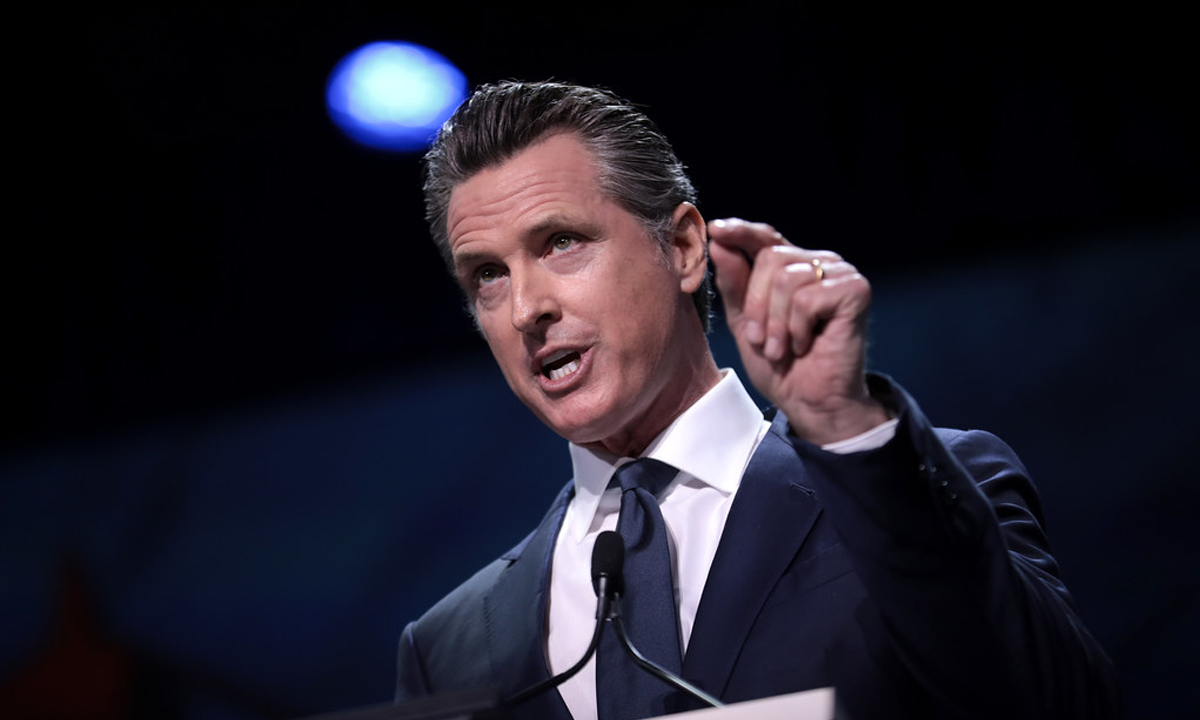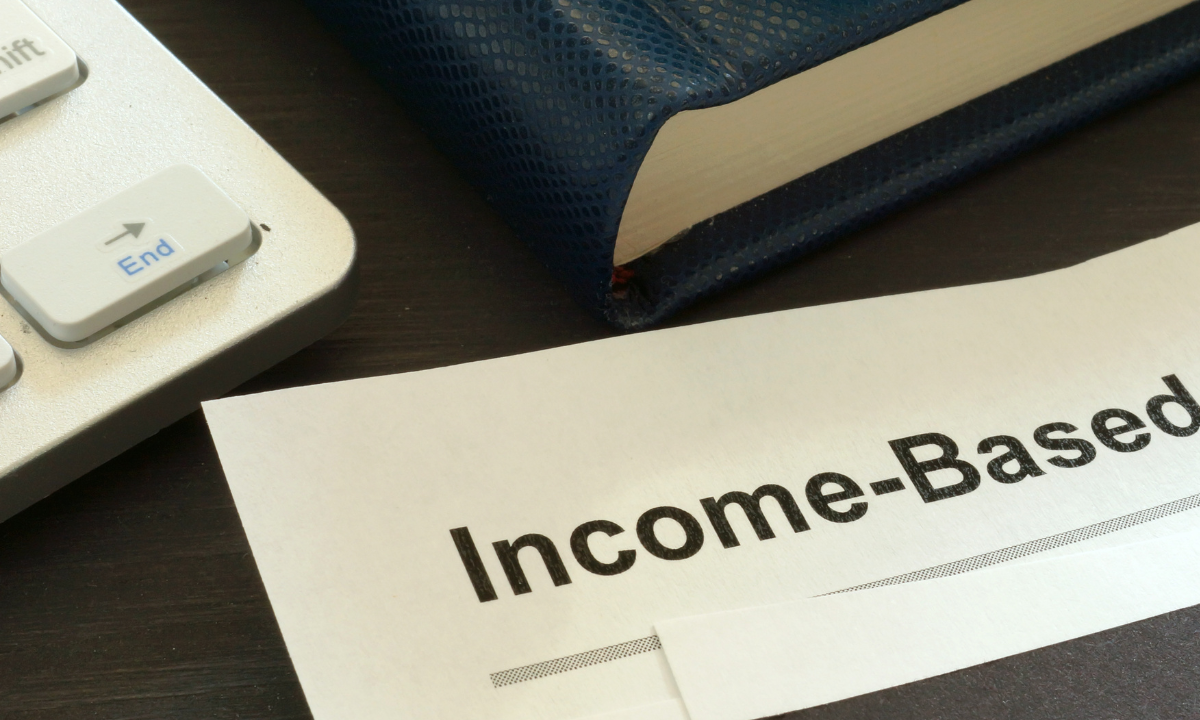Written by Sebastian Acosta
Gov. Gavin Newsom on Tuesday proposed $4 billion worth of state spending to help the state survive through 2021.
A large part of the reason why the state is struggling is because of the Governor’s own COVID-19 legislation. Newsom’s restrictions have caused countless small businesses across the state to close their doors or limit customers. People earning higher incomes have been able to work from home, but too many of those earning less have lost their employment.
Many in the state have called for Newsom’s recall. A statewide petition has garnered 911,000 signatures, according to its website. It cites unaffordable housing, record homelessness, rising crime, failing schools, exploding pension debt, and a locked-down population as some of the reasons why Newsom “has failed Californians.”
Nevertheless, Newsom is set to release his new budget proposal on Friday. He previewed it on Tuesday by revealing that more than $4 billion worth of state spending will be aimed at job creation and for assisting small businesses.
Of that amount, $1.5 billion will be used to help people purchase electric cars and create construction jobs for charging stations around the state.
Another $575 million would go to small businesses, with small business owners receiving up to $25,000 from grants. $25 million would go to small museums and art galleries. $500 million was already allocated to this plan last year, so the $575 million addition would bring the total to over $1 billion.
Also, businesses may be eligible for tax breaks if they hire more employees. Last year, Newsom signed a law that promised certain business owners a $1000 credit on their state tax bill for the net increase of each new worker hired by Dec. 1. 9,000 businesses have reserved $54,000 in credits so far, according to the governor’s office. Newsom would put $100 million more into the program.
$70.6 million in various fees will be waived on businesses most impacted by the pandemic, and $430 million worth of tax credits will be given to businesses that decide to stay in California and hire people, according to Newsom.
Additionally $50 million will be used for a small business loan program and $100 million will go to expand sales tax exemption.
Most of these proposals will not take effect until July, if approved. Assemblyman Kevin Kiley, a Republican from Rocklin, said Newsom’s proposals might modestly help some small businesses.
“What would help a lot more is if the governor stopped arbitrarily shutting them down and harassing them,” he said. “Small businesses are not asking for the governor’s help. They are asking him to get out of their way.”
John Kabateck, California state director of the National Federation of Independent Business, although agreeing with the direction of the proposals, believes the bulk of the $4 billion would be better spent on small businesses, rather than infrastructure for electric cars.
“We’ve got retailers, shoe store owners, restaurant owners, farmers and many more who are not sure they are going to be around for the next month or two and any spare dollars that our state has in the coffers ought to be invested there and not squandered on admirable but misdirected priorities,” he said.




